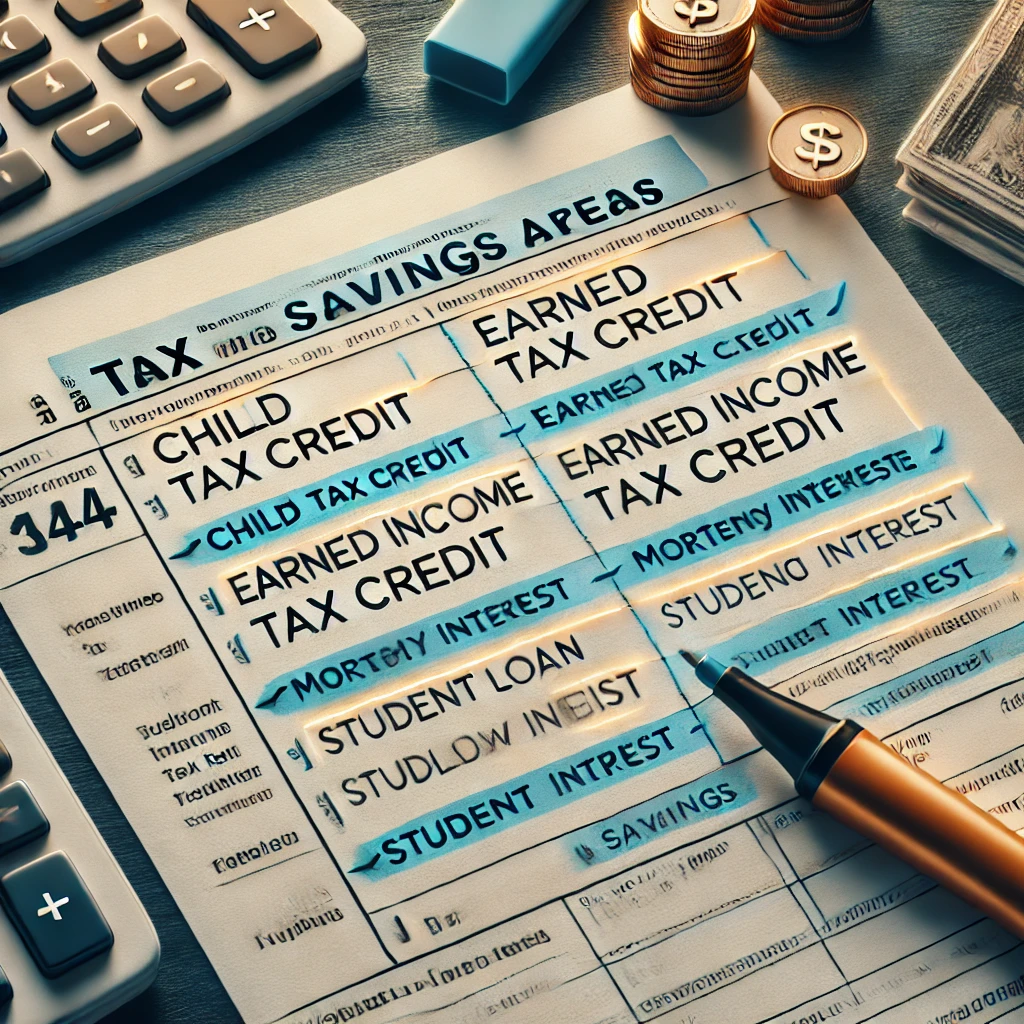
As young Latinos navigating our professional lives in the U.S., we’re building careers, establishing roots, and creating a powerful economic force. But converting that drive into lasting financial security means mastering the basics, and that starts with understanding U.S. income tax.
Filing income taxes is a key responsibility, and for many of us starting out, it can feel like a confusing hurdle. But it doesn’t have to be. Think of tax filing not just as a compliance task, but as a critical component of your financial power, it’s how we ensure we’re getting back what we’re owed.
Who Needs to File a Federal Tax Return?
The short answer is: it depends on your income, age, and filing status. The U.S. tax system requires you to file if your income meets certain thresholds. But for nuestra community, it’s particularly important to pay attention to a few common scenarios:
- The Basic Thresholds: For the 2024 tax year (the taxes you’d file in 2025), a single filer under age 65 generally must file if their gross income is $14,600 or more. These thresholds change annually, so it’s essential to check the official guidelines each year.
- The Self-Employed Hustle: Many young Latinos, and the U.S. Latino community overall are highly entrepreneurial. Latinos start more businesses per capita than any other racial or ethnic group in the United States. In 2023, for example, they created 36 percent of new businesses in the country (“The economic state of Latinos in America: Building up small businesses”). If you earned more than $400 in self-employment income, you are required to file, regardless of your total income. This is a common requirement for those who have a side gig or are independent contractors.
- Claiming Your Refund: Even if you don’t meet the filing threshold, you might still want to file. Why? If tax was withheld from your paychecks (as indicated on a W-2 form) or if you are eligible for refundable tax credits (like the Earned Income Tax Credit), filing a return is the only way to get that money back as a refund. This is crucial: You could be leaving money on the table that belongs to you!
Key Dates for Your Calendar
The U.S. Internal Revenue Service (IRS) operates on strict timelines, and missing a deadline can result in penalties and interest. We need to be on top of these dates to manage our money effectively:
- January: Tax season typically begins. This is when employers and clients must send you the necessary forms, like the W-2 (from employers) and 1099 forms (for independent contractors and investment income). Start collecting all of your documents now!
- April 15: This is the standard deadline for filing your federal income tax return for the previous calendar year. If April 15 falls on a weekend or holiday, the due date shifts to the next business day. Mark it firmly on your calendar.
- October 15: If you realize you need more time, you can request an extension by the April deadline. If granted, October 15 becomes your new deadline to submit your full return.
Why Filing Your Taxes Matters to Us
Filing taxes is not just a chore, it’s a way to directly impact your financial future.
- It’s the Law: Simply put, it’s a legal requirement if you meet the income thresholds. Compliance is the foundation of good financial standing.
- It Secures Your Credits and Refunds: We are a young, working community. In 2020, the U.S. Hispanic population had a median age of $30.0$ years, significantly younger than the Non-Hispanic White population’s median age of $44.5$ years (U.S. Census Bureau: “Hispanic Population is Younger But Aging Faster”). This youth means we are in our peak working and wealth-building years. By filing, you ensure you claim all available tax benefits and get the largest refund possible to reinvest in your goals.
- It Lays the Foundation for Future Financial Goals: Proof of consistent income and tax filing is often required for major financial milestones, such as applying for a mortgage, securing a loan for a small business, or accessing certain government programs. Being financially organized today opens doors tomorrow.
Your Quick Tax-Filing Checklist
Use this simple guide to ensure you’re ready for tax season:
- Confirm Your Obligation: Did your income meet the minimum filing threshold? Did you have more than $400 in self-employment income?
- Collect Your Paperwork: Gather all documents: W-2s, 1099s, and any other income or deduction-related forms. Don’t wait until the last minute!
- Mark the Deadlines: Put April 15th and October 15th (if you need an extension) in your phone, calendar, and planner.
This is the start of nuestro tax journey. Stay with us this week as we dive deeper into the process, explore common forms, and uncover more tips to keep your money where it belongs: in your pocket.
Disclaimer: The information provided on this article is for educational purposes only and does not constitute financial, investment, or tax advice. Please consult a qualified professional for personalized guidance.
👉 Ask Gabi anything, anytime.
Stay tuned! We got you!






